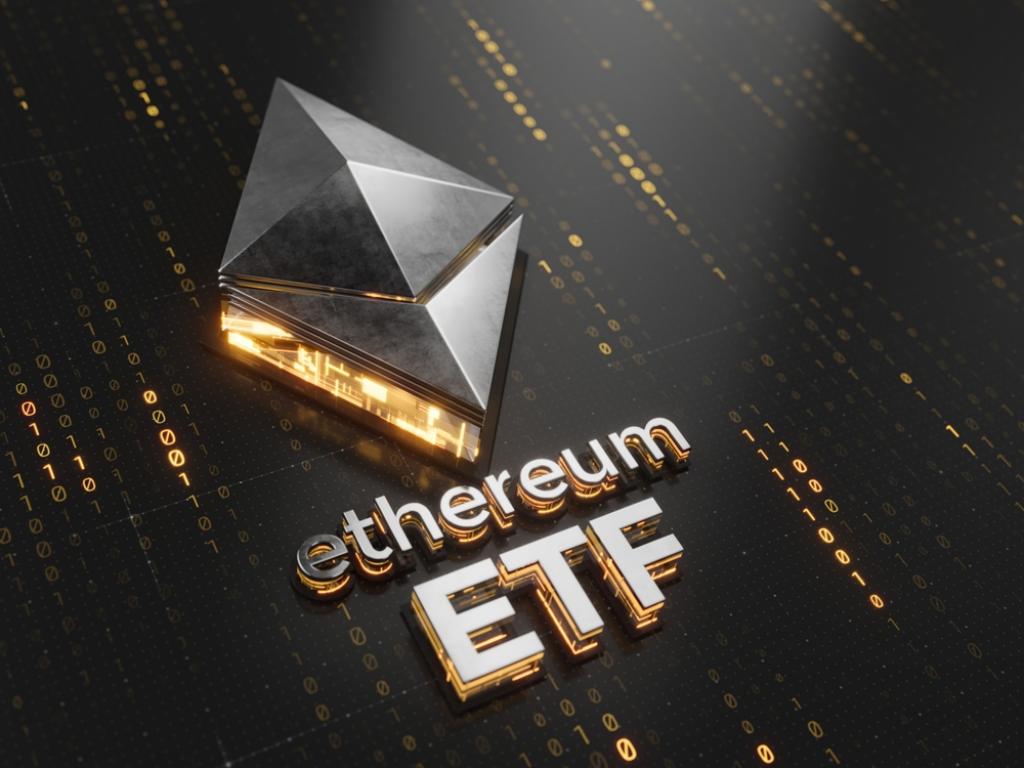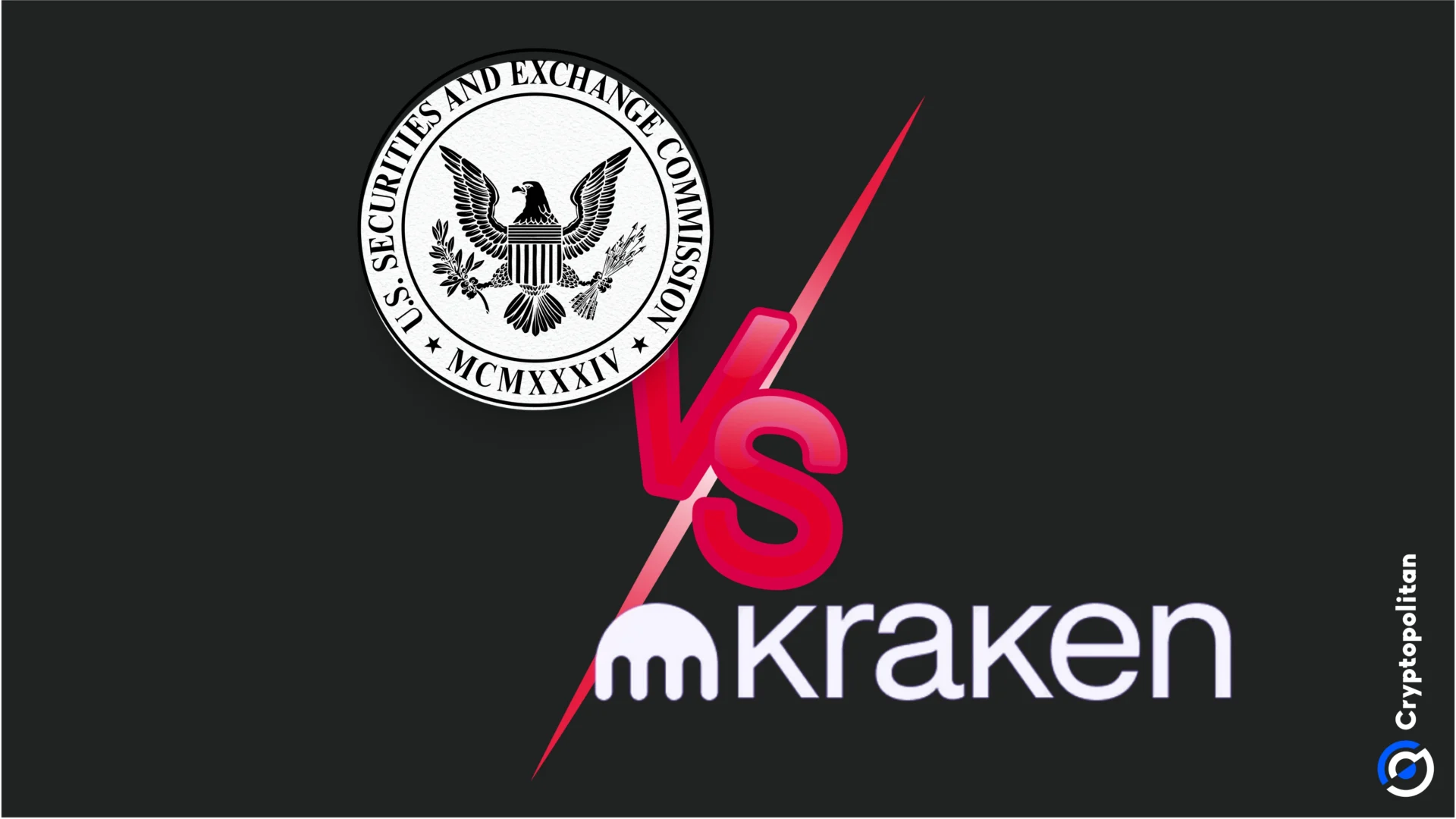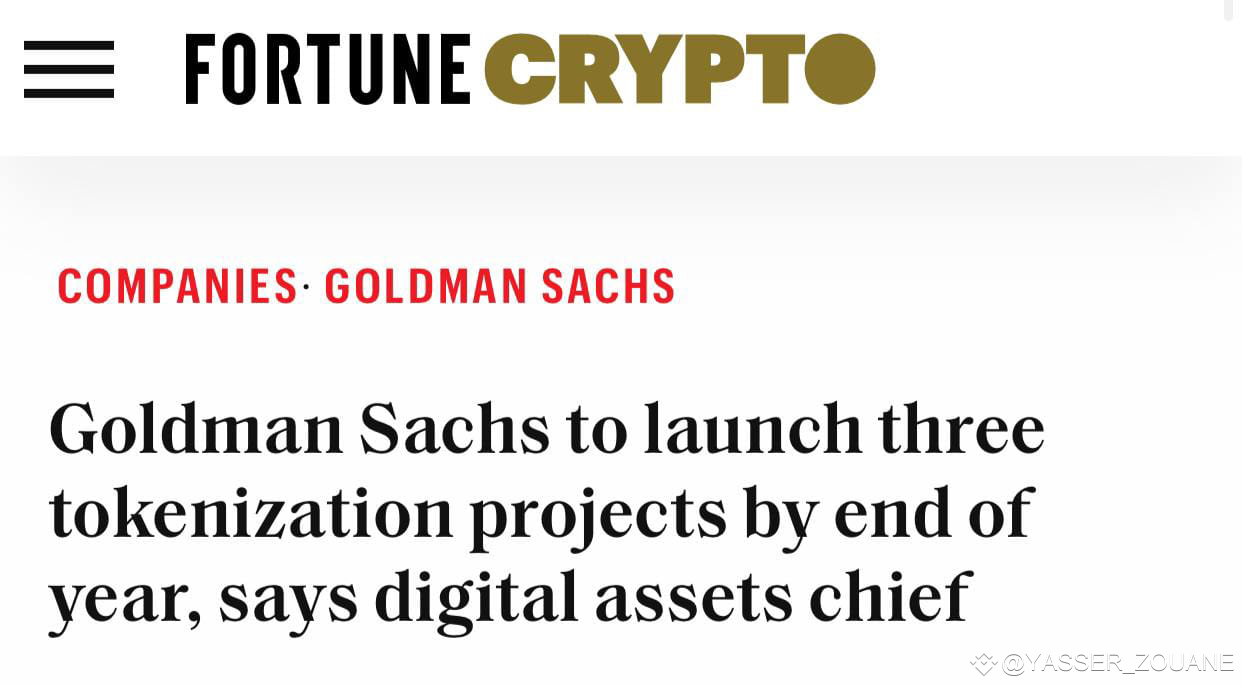U.S. regulators have officially approved spot exchange-traded funds (ETFs) that hold Ethereum’s ether (ETH), allowing Americans to invest in a second major cryptocurrency through these easily tradable vehicles. With this in mind, ETFs become a vehicle that allows TradFi world to invest in crypto.
This approval concludes a prolonged effort to get ether ETFs greenlit by the Securities and Exchange Commission (SEC), following the regulator’s earlier approval of bitcoin (BTC) ETFs in January. The introduction of ether ETFs could appeal to traditional investors, as these funds can be bought and sold via standard brokerage accounts. Since their inception, bitcoin ETFs have amassed investments worth tens of billions of dollars.
ETH ETF is Live
The approval process appeared uncertain until recent weeks. However, in late May, the SEC unexpectedly began discussions with potential ETF issuers after a long period of inactivity. On May 23, the regulator approved a critical filing, paving the way for the final approval announced today. Ethereum’s native token ETH is currently trading at $3,512 (ETH USDT) on Gate.io.
Impact on Ethereum’s Price
The launch of spot bitcoin ETFs in January, which quickly became the most successful exchange-traded product launch ever in terms of rapid capital influx, significantly boosted the price of bitcoin, pushing it to new all-time highs with an increase of over 58% within just two months.
While some analysts believe a spot ETH ETF could drive ether’s price up to $6,500, they do not expect the inflows into these funds to match those of bitcoin ETFs.
Analysts project that the newly introduced Ethereum ETFs might attract between $15 billion to $20 billion in their first year, which is comparable to the amount spot bitcoin ETFs garnered in just seven months. According to a report from the firm, Ethereum lacks the “first-mover advantage” that bitcoin enjoyed, as well as the compelling narrative of bitcoin being seen as “digital gold” by many of its proponents.
What is an ETH ETF?
An ETH ETF, or Ethereum Exchange-Traded Fund, is a financial product that allows investors to gain exposure to Ethereum (ETH), the second-largest cryptocurrency by market capitalization, without having to directly purchase and manage the cryptocurrency itself. Similar to traditional ETFs that track stocks, commodities, or other assets, an ETH ETF tracks the price of ether and is traded on conventional stock exchanges. This makes it accessible through standard brokerage accounts, making it a more familiar and convenient investment vehicle for many investors.
The primary advantage of an ETH ETF is that it simplifies the process of investing in Ethereum. For those who may be hesitant to deal with cryptocurrency exchanges, digital wallets, and the complexities of securing and managing digital assets, an ETF provides a straightforward alternative. Investors can buy and sell shares of the ETF just as they would with any other stock, benefiting from the price movements of ether without the need to handle the underlying asset directly.
Moreover, an ETH ETF offers a regulated investment option, which can be appealing to institutional investors and those who prefer to invest within the framework of traditional financial markets. The ETF structure also provides liquidity and transparency, as it is subject to the regulatory oversight of entities like the Securities and Exchange Commission (SEC). This regulatory backing can provide an added layer of confidence for investors who might otherwise be wary of the relatively unregulated nature of the cryptocurrency market.
In summary, an ETH ETF is a gateway for investors to participate in the growth and potential of Ethereum while avoiding the complexities and risks associated with direct cryptocurrency ownership. It bridges the gap between the traditional financial system and the emerging world of digital assets, making it easier for a broader range of investors to gain exposure to this innovative technology.
ETH ETF vs ETH
When it comes to investing in Ethereum, there are significant differences between holding real ETH and buying it via an Ethereum Exchange-Traded Fund (ETF). Understanding these distinctions can help investors choose the method that best suits their needs and preferences.
1. Ownership and Control:
Holding Real ETH: When you purchase real ETH, you directly own the cryptocurrency. This means you have control over your digital assets, including how you store, transfer, and use them. You need to manage your private keys and use a digital wallet, which requires a certain level of technical knowledge and security awareness.
Buying ETH via ETF: With an ETH ETF, you do not own the actual ether. Instead, you own shares of the ETF, which is designed to track the price of ETH. The fund itself holds the cryptocurrency, and you have no direct control over the ether it holds. This setup simplifies the investment process, as you don’t need to worry about the complexities of managing digital assets.
2. Security and Risk:
Holding Real ETH: Directly owning ETH means you are responsible for its security. You need to protect your private keys and choose a secure wallet to prevent hacking, theft, or loss. The risks include losing access to your funds if you forget your keys or if your wallet is compromised.
Buying ETH via ETF: An ETF mitigates these security concerns since the fund’s custodian handles the safekeeping of the ether. Investors benefit from institutional-grade security measures without needing to manage the assets themselves. However, you are still exposed to market risks, as the value of your ETF shares will fluctuate with the price of ETH.
3. Convenience and Accessibility:
Holding Real ETH: Investing directly in ETH can be complex and requires dealing with cryptocurrency exchanges, wallets, and understanding blockchain transactions. This process might be daunting for beginners or those unfamiliar with digital currencies.
Buying ETH via ETF: ETFs are traded on traditional stock exchanges and can be bought and sold through regular brokerage accounts. This makes investing in ETH as easy as trading any other stock or ETF, providing a more user-friendly experience for those comfortable with conventional financial products.
4. Costs and Fees:
Holding Real ETH: When you buy ETH directly, you might incur fees from cryptocurrency exchanges for purchasing, transferring, and storing your ether. These costs can vary widely depending on the platform and the amount of ETH involved.
Buying ETH via ETF: ETFs come with management fees, which are typically a percentage of the fund’s assets. While these fees provide the convenience and security of institutional management, they might be higher than the costs associated with holding ETH directly, depending on the ETF’s fee structure.





